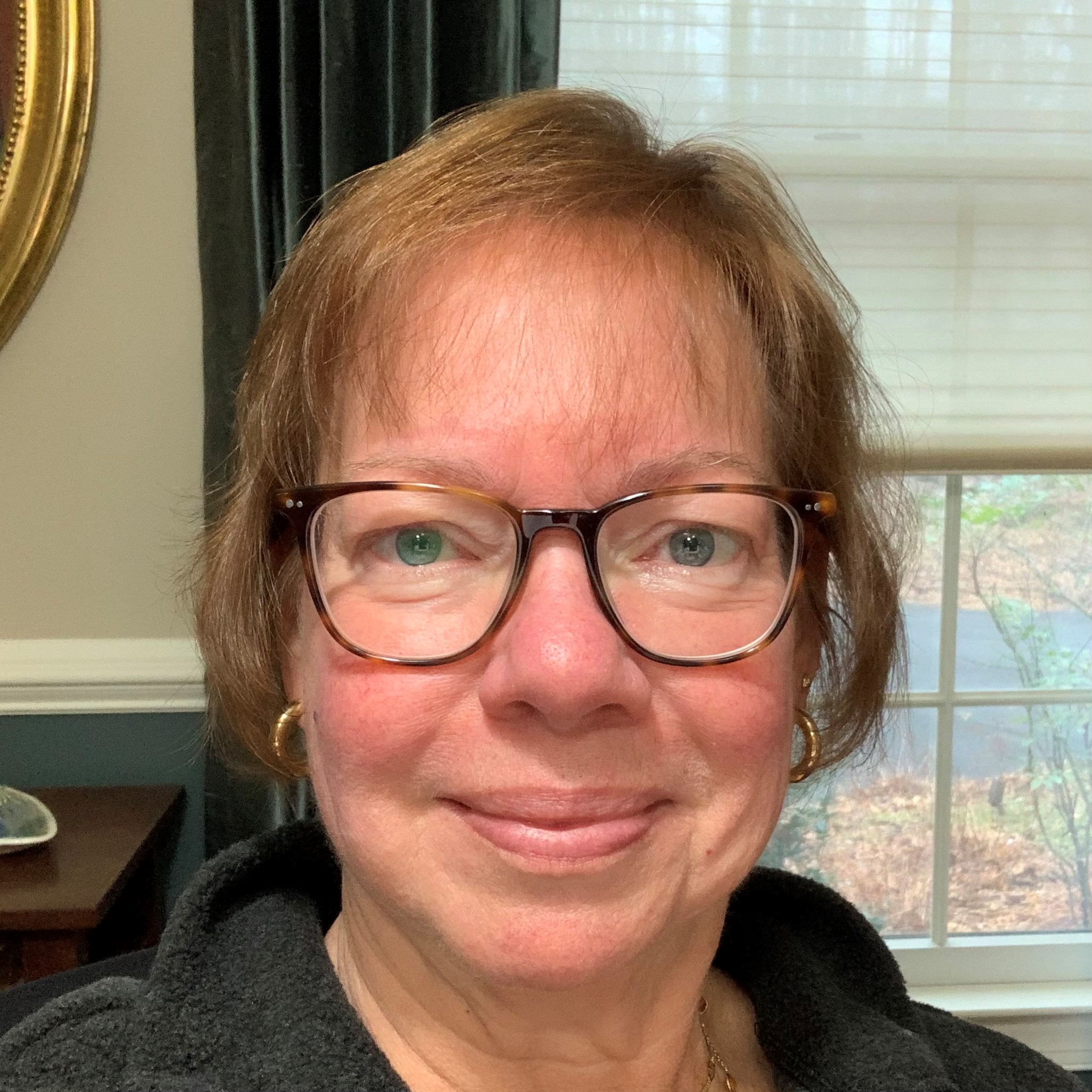This page is historical material reflecting the Feedback Loop Blog as it existed on
August 23, 2010. This page is no longer updated and links to external websites
and some internal pages may not work.
August 23, 2010
Archived: Maintaining “Legacy” Scientific Resources
Our research programs often produce valuable scientific resources. But if one of these initiatives ends, then what becomes of the resource it generated?
To address this issue, we formed a committee of NIGMS staff to explore options for maintaining scientific resources resulting from NIGMS-supported research. We defined a resource as a non-hypothesis-driven activity to provide data, materials, tools or services that are essential to making the most timely, high-quality and cost-efficient progress in a field. We proposed principles for continuing support of “legacy” resources that are of great benefit to researchers working within the Institute’s mission areas.
Based on our discussions, we recommended that NIGMS pilot a limited program to fund the maintenance of existing, high-value resources. The NIGMS Council approved the concept in May, and the funding opportunity announcement just appeared in the NIH Guide. Applications are due once per year in October.
If you are interested in applying, read the announcement for details, including the special eligibility requirements. And before you apply, be sure to contact the appropriate NIGMS division director to discuss your ideas.
We hope that the results of this limited pilot program will help guide future decisions about maintaining important research-generated resources.

